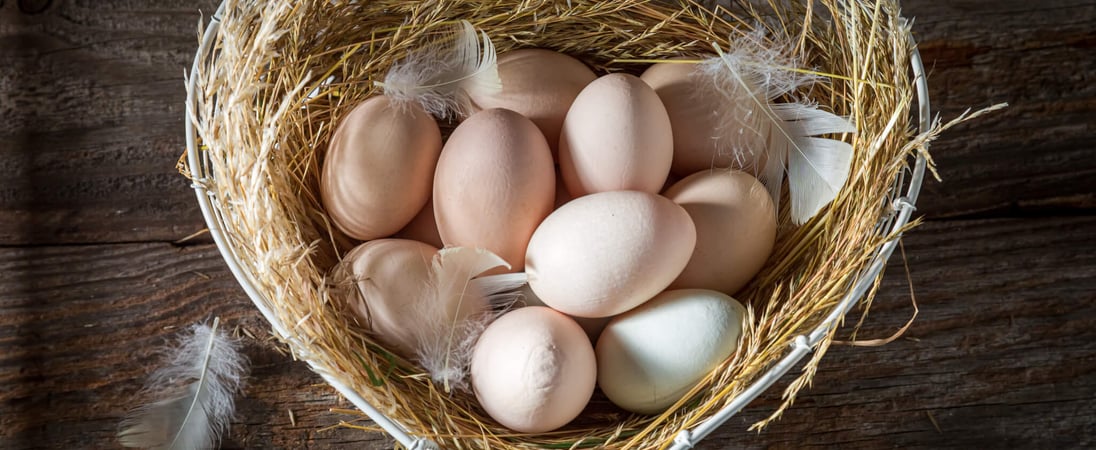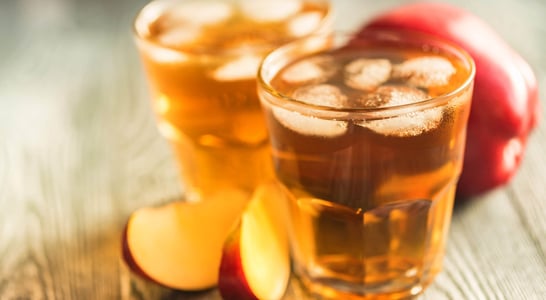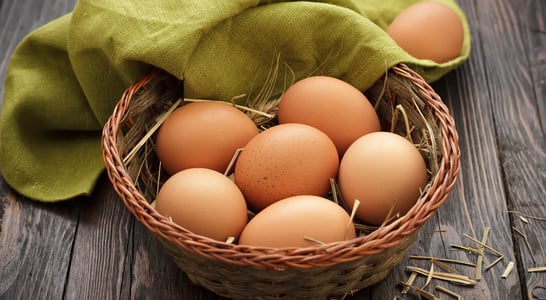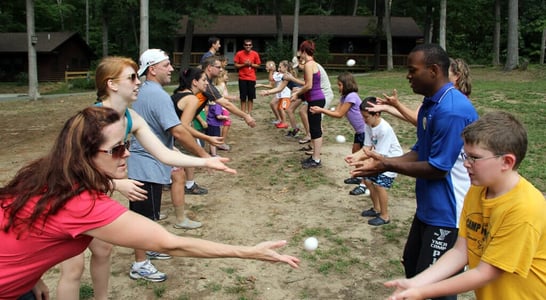
National Egg Day
Egg-citing news! Eggs are a versatile and delicious ingredient that can be scrambled, fried, poached, boiled, and baked into so many tasty treats. So let's egg-splore the egg-ceptional world of eggs and have an egg-straordinary day!
One of the simplest and primary parts of the diet of humans all over the world, the egg is a form of food as well as a source of life. National Egg Day offers the opportunity to pay heed to this unique and special item – the egg!
How to Celebrate National Egg Day
Show appreciation for and celebrate this simple but complex food by implementing some fun and interesting activities. Have fun with some of these ideas for National Egg Day:
Eat Eggs for a Meal
While eggs are often associated with breakfast, they absolutely do not need to be limited in such a way. Eggs can be delicious for any meal throughout the whole day. Scrambled, fried, poached or boiled, eggs make delicious and nutritious food anytime. They even make a great snack!
Try an egg salad sandwich made from boiled eggs, enjoy an egg frittata, cook up some omelets, or even have some egg drop soup. Eggs are not only tasty, but they are extremely versatile and typically very easy to cook up into something unique and creative. So have fun with those eggs in honor of National Egg Day!
Learn Some Health Benefits of Eggs
National Egg Day is a great time to consider the reasons that eggs are not only delicious but also how they are good for the body. Here are some nutritional benefits to consider (and share!) in celebration of the day:
-
Eggs provide complete protein. The combination of the egg yolk and the egg white offer 6 full grams of protein as well as all nine essential amino acids, which act as the building blocks for protein.
-
Eggs support good cholesterol. Some studies show that people who eat three or more eggs per day can expect a boost to their HDL, which is the “good” cholesterol.
-
Eggs contain antioxidants. Many people don’t realize that eggs contain lutein and zeaxanthin, which are important agents to keep the eyes healthy and protect them from cataracts or other age-related eye disease.
-
Eggs have Vitamin D. The yolk of the egg is one of the few foods that naturally contains this vitamin.
Make Peace with the Egg
In the late 1960s, the American Heart Association made an announcement that people should be limiting their intake of eggs as eating them was associated with cholesterol levels. These claims were refuted by the egg industry and others in the health world and by 2015, almost 50 years later, the restrictions on eggs had been dropped from the dietary guidelines.
Still, it has taken a while for many people to get over the negative reputation that was cast upon the egg. Perhaps this year’s National Egg Day would be an ideal time for people to make peace with the egg and come to terms with the fact that the whole egg (even the yolk) is a healthy and affordable way to gain vital nutrients for the body!
Share Fun Facts About Eggs
Raising awareness and drawing attention to National Egg Day can be loads of fun. Enjoy the day by learning some interesting bits of trivia about eggs and sharing them with friends and family in person or on social media. Get started with some of these shareable facts about eggs:
-
An egg shell has thousands of pores — up to 17,000! These pores allow for gasses to transfer through the shell, receiving oxygen and giving off carbon dioxide as well as other gasses.
-
The color of the egg shell is completely determined by the breed of the bird laying the eggs. Not only that, but the ear lobe color of the chicken is associated with the color of the egg shell!
-
An average hen lays 300 to 325 eggs each year — almost one every day. And as the hen gets older, the eggs get larger.
-
After a hen lays an egg, she turns it dozens of times a day to keep the yolk from sticking to the side of the shell.
Try Some Egg Experiments
Parents and teachers, and just curious adults, might like to celebrate National Egg Day by performing some interesting experiments with an egg. Many science-y activities can be found with a quick online search. For instance, it might be fun to boil one egg and leave one unboiled, then spin them to see which one spins faster. Or drop two unboiled eggs into water, one in tap water and one in salt water, to see which one floats and which one sinks. Certainly there are many other types of experiments that can be done with eggs just for fun in honor of this day!
History of National Egg Day
Some historians believe it’s possible that humans have been eating eggs for up to 6 million years! Scavenging for eggs in bird nests and just eating them raw, prehistoric people would likely have found eggs to be a nutritious source of food. Later, in lieu of hunting and gathering, some humans figured out that it was possible to domesticate certain types of birds so that their eggs would always be available.
The story of the egg has continued throughout human history, ebbing and flowing based on each culture’s access to eggs and different preferences in eating. While today in the West, the most commonly eaten egg is the chicken egg, many other eggs have been useful over the centuries and in different cultures. Some of these more unique edible eggs include duck eggs, goose eggs, emu eggs, ostrich eggs and even crocodile eggs!
National Egg Day was established by the American Egg Board in 1996 to offer an opportunity to show appreciation for and raise awareness for the amazing and marvelous egg. The celebration of the day is encouraged by various egg farmers throughout the country and supported by those in the egg industry!
National Egg Day Timeline
3200 BC
Birds are domesticated for eggs
Around this time, jungle birds are domesticated for egg production.[1]
1898
“Eggs and How to Use Them” is published
Written by Alphonse Meyer, this book features the life story of the egg as well as cooking instructions.[2]
1930s
Dried eggs are manufactured
Helping with transport and preservation, especially during wartime shortages, dried eggs are mass produced.[3]
1956
Guinness Record for chicken egg
The largest recorded chicken egg in history weighs 16 ounces![4]
1976
“The Incredible, Edible Egg” slogan premiers
This jingle for the American Egg Board is released and becomes a commonly known household phrase.[5]
For extreme egg lovers, one bit of good news is that eggs can be celebrated more than one time a year. In October, World Egg Day offers an additional option for paying respect to the incredible, edible egg.
National Egg Day FAQs
How long to boil eggs?
Soft boiled eggs can be boiled for 3 minutes but fully cooked, hard boiled eggs require eight minutes.[1]
How much protein is in an egg?
Each average sized egg contains around 6-7 grams of protein.[2]
How to tell if eggs are bad?
It’s easy to tell if eggs are bad by placing them in a bowl of cold water. If they float, they are bad. [3]
Are eggs dairy?
No. Eggs are not a dairy product, though they are an animal by-product.[4]
How many calories in an egg?
One large egg has around 72 calories.[5]
Also on ...
View all holidaysWorld Bicycle Day
The bicycle is one of the most beneficial inventions for your personal health and for the health of the environment. Get out and get some sustainable exercise.
Global Running Day
Whether you need to get back in the habit or start a new one, take the opportunity to improve your health and well-being by going for a run. Plus, it’s free!
World Cider Day
A crisp, refreshing drink that embodies autumn in a glass. Made from freshly pressed apples, it's the perfect companion for cozy evenings.
National Chocolate Macaroon Day
Usually associated with coconut, the macaroon has been adapted by many different cultures. Try a classic recipe with a chocolate ganache on Chocolate Macaroon Day.
We think you may also like...
World Egg Day
Have fun with egg-based meals, from scrambled eggs for breakfast to egg cake for dessert. Make use of eggs in other ways by decorating them with family.
National Eggnog Day
Gather round the fire and sip on a creamy, frothy festive classic, seasoned with cinnamon or mixed with alcohol for an extra punch.
National Egg McMuffin Day
Mornings are better with a certain golden arches menu item — the perfect breakfast sandwich that's crispy, juicy and easy to make at home.







